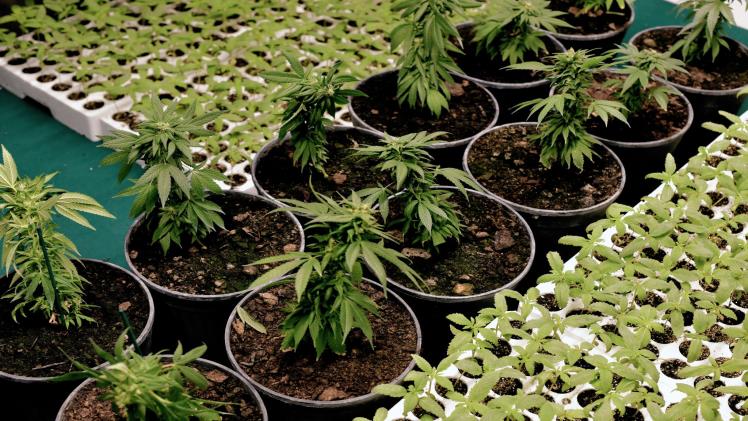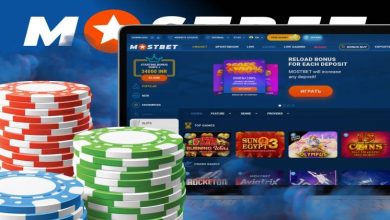What’s the Difference Between Delta-8 THC and CBD?

Delta-8 THC has been described as the nicer younger sibling of delta-9 THC, the regulated compound in cannabis,
Delta-8 THC is an ingredient in edibles, especially chocolate bars, soft gels, flower balls, gummies, worms, sour cubes, sour bears vape pens, and peach, apple, and watermelon rings. Even where delta-9 THC is still legal, delta-8 THC has been legalized by the 2018 Farm Bill, which legalized CBD.
Delta-8 THC has become popular everywhere hemp products are sold, and for good reasons. Researchers Jessica S. Kruger of the State University of New York at Buffalo and Daniel J. Kruger of the University of Michigan surveyed 521 participants in the Reddit Delta8 discussion board and found that:
- 55 percent of delta-8 THC users gained pain relief.
- 71 percent of delta-8 THC users reported a “great deal” of relaxation.
- 80 percent were able to temporarily forget things that were bothering them.
- 81 percent were able to relax, temporarily letting themselves stop focusing on non-relaxing priorities.
- Only 26 percent experienced any kind of anxiety at the end of their delta-8 THC experience. This is lower than the percentage who experience anxiety as they are coming off delta-9 THC, the regulated cannabinoid.
- Only 17 percent felt that they had a transient sense of paranoia at the end of their delta-8 experiences, and this negative effect quickly subsided. This is also lower than the percentage of delta-9 THC users who report a transient paranoid effect.
Indications are that delta-8 THC provides the benefits of delta-9 THC without as great a potential for adverse effects.
What Is Delta-8 THC?
Delta-8 tetrahydrocannabinol, also known as delta-8 THC and Δ8-THC, is one of hundreds of naturally occurring chemicals in the cannabis plant. It is chemically very similar to delta-9 THC, the chemical that gets you high when you use cannabis.
The only difference between delta-8 THC and delta-9 THC is the position of a double bond between two atoms of carbon. In delta-8 THC, the bond is between the eighth and the ninth carbon atoms, and in delta-9 THC, it is between the ninth and the tenth.
In the human body, the delta-8 bond makes THC less reactive with a group of sites on nerves throughout the nervous system called CB1 receptors. The delta-8 bond makes THC less interactive with the CB1 sites, so it has a milder effect than THC with a delta-9 bond.
If you think of regular THC as a beer, you could think of delta-8 THC as “bud light.” It is about 50 percent as potent as the better-known cannabinoid. If you have issues with regular THC, you usually won’t have them when you use delta-8 THC. You can use delta-8 THC for stimulating appetite, relieving pain, keeping calm, better sleep, mood enhancement, and fighting nausea without concern for getting “too high.”
Delta-8 THC occurs naturally in the cannabis plant, although most of the delta-8 THC is chemically synthesized. There isn’t a federal law that specifically says that delta-8 THC is lawful, but it is derived from hemp, and the federal law says that hemp products with a delta-9 THC content of less than 0.3 percent are lawful. Delta-8 THC has become one of the fastest-growing segments of the cannabinoid market, but most people don’t know a lot about it.
So, What’s the Relationship Between Delta-8 THC and CBD?
The reason the relationship between delta-8 THC and CBD comes up is that it is possible to apply a series of chemical steps to transform CBD into delta-8 THC.
As we mentioned earlier, CBD, delta-8 THC, and delta-9 THC all occur naturally in hemp. There isn’t a lot of delta-8 THC (and more than 0.3 percent delta-9 THC puts the plant in a different regulatory category), so some companies do chemistry on CBD to make delta-8 THC.
There has been a glut of CBD on the market, so some companies have turned to using CBD to make delta-8 THC. There are two problems with this:
- One issue is the creation of impurities. Transforming CBD into delta-8 THC can also produce delta-9 THC and yet another product called delta-10 THC. This unnatural form of THC can signal the immune system to generate inflammation, and damage DNA.
- Because of the risk of DNA damage from delta-10 THC, some states, like New York, have made synthetic delta-8 THC illegal. However, delta-8 THC extracted from hemp without the transformation process is still legal.
From the user’s point of view, the important thing is to make sure that any delta-8 product that you use is free of delta-10. You can rely on delta-8 products made by companies like Aire Hemp that keep up to date with third-party lab testing. They also follow other rules and regulations, like making sure they observe age restrictions on their site, labeling all of the ingredients in their products, and making sure their packaging is tamper resistant.
Delta-8 is part of the cannabis market that is here to stay. Before delta-8 THC became available, many people did not enjoy the benefits of THC because they could not tolerate its side effects. Now, this kinder, gentler version of THC gives them all of the relief cannabis can provide without stoning or other psychoactive effects.



